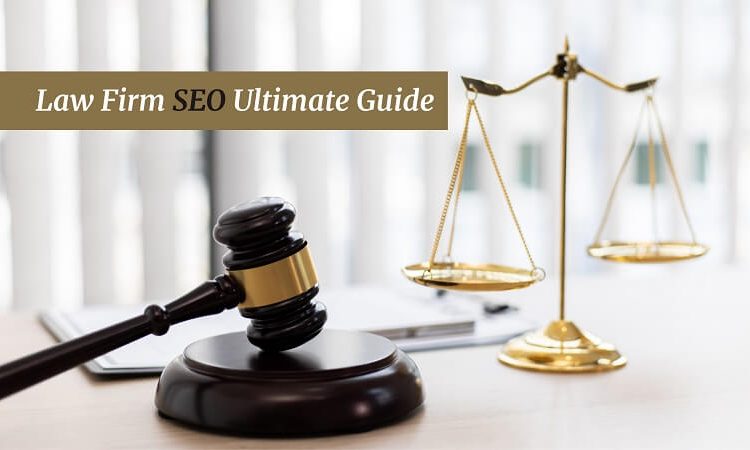5 Factors That Can Better the SEO of Your Law Firm’s Website

Law Firm SEO Guide: Law firms play a critical part in today’s society. The legal space can cover topics such as real estate, taxation, criminality, personal injury, and even politics. With such a wide range of niches and practice areas, clients need to find a reputable law firm that specializes in the area of law they need.
Nowadays, the first thing most people do when searching for a service is to search “best ___ near me”. If you want your law firm to come up at the top of the search engine results pages; it’s important to invest in SEO, or “Search Engine Optimization”. SEO is a marketing style that, simply put, betters your site’s visibility in search engines. There are a lot of puzzle pieces to the SEO puzzle, and you’ll need to master all of them to begin ranking.
The following is just a small list of things that can better your site’s visibility, but to keep up with your competitors; it may be wise to hire a marketing agency specializing in SEO for a law firm. Keep reading to learn more.
Mobile Friendliness
- User experience (UX)
- User satisfaction
- Visibility: How much does your site rank for specific keywords? If a user searches for “law firm” but doesn’t find your website, then you’re not doing well. The top search engines use algorithms to determine the best sites to show when someone searches for a keyword or phrase. This is called “relevance” or “ranking” in the context of search engine optimization (SEO). If a user is searching for a “law firm” on Google, Yahoo!, Bing, and other major search engines; then it makes sense that they would see your website as one of their top results!
Expertise, Authoritativeness, and Trustworthiness (E-A-T)
E-A-T is an acronym for Expertise, Authority, and Trustworthiness. Experts rank higher in search results than non-experts because they have more authority and trust from the public. If you want your law firm to rank high on Google search engine result pages (SERPs), it’s important that you increase your expertise, authority, and trustworthiness, as well as improve your content quality so that users can easily find it when they are searching for information about legal issues or services related to the field of law in general.
Social Media Signals
Social signals are a factor in SEO and should be considered. They indicate the quality of your content, your reputation, and the relevance of your website.
Social signals are also important for law firms because they help determine whether a potential client may be interested in working with you (and potentially paying you money). In addition to top ranking factors like authority and trustworthiness, social signals can indicate how knowledgeable or experienced someone is within their field of expertise – something that may not always be reflected through traditional search results alone!
Content Updates and Freshness
The first thing you should consider is the freshness of your content. Content needs to be updated regularly, and if it’s not; then search engine algorithms will penalize your site for not having relevant and updated content.
If you have a blog or other type of website that generates regular updates, then this can be an excellent way to keep up with new trends in law firm marketing strategies and get ahead of competitors who are running behind in terms of staying on top of the latest developments in the industry. In addition, using a content management system (CMS) like WordPress or Joomla will allow users on their websites to post new articles quickly without having any technical knowledge about how such tools work together with one another!
User Experience Signals
User experience signals are a measure of how well a website performs on user experience. They are most often measured through:
- Click-through rate (CTR) – the percentage of people who click on an ad or a link to another page on your site, divided by total clicks.
- Bounce rate – the percentage of people who visit your site and leave without viewing any pages, divided by total visits.
- Pages per visit – this refers to how many pages you have served up in response to each user request for information or content, including search results and internal links within those results pages themselves (e.g., category lists).
Conclusion: Law Firm SEO
The law firm search engine is a very complex process, and it can be tricky to understand how it works. We hope this article has helped you get some clarity on the topic!
